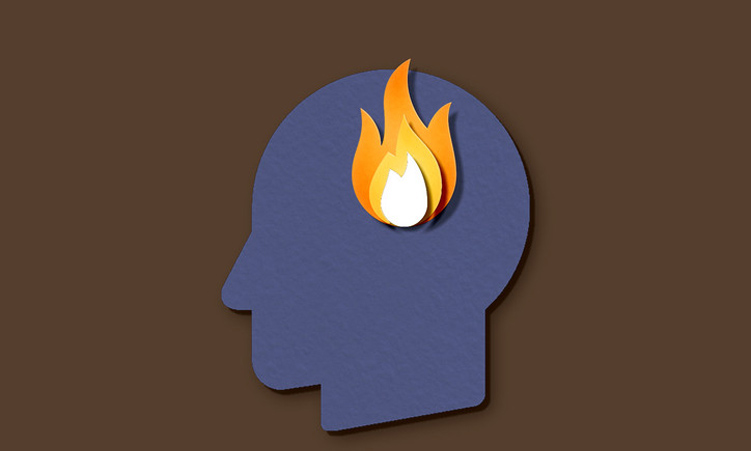It’s hard to care about anything when you feel exhausted, burnt out, or ragged around the edges.
Your once-fiery enthusiasm may seem more like charred rubble due to overwhelming family responsibilities, a job that drains you, or financial struggles.
“What you’re experiencing is burnout. It’s real and it can lead to depression, anxiety, relationship damage, and an inability to function at home or at work,” says Dr Marni Chanoff, an integrative psychiatrist with Harvard-affiliated McLean Hospital.
But with time and effort, you can refill your cup, slowly getting back some energy.
- MAKE TIME FOR YOURSELF
Taking time for yourself isn’t a luxury, it’s essential to self-care.
“You need to slow down and give yourself the opportunity to rest and rejuvenate,” Chanoff says.
“Schedule it if you have to, starting with 10 or 15 minutes a couple of times a day.”
How can you reclaim precious minutes in an overly full schedule?
“Look at your day, week, or month, and be discerning about how many things you say ‘yes’ to in one period of time. Give yourself permission to say ‘no, thank you’ to things that deplete you or don’t serve you,” Chanoff says.
Make small moments count.
For example, have a cup of tea, or simply lay a blanket or mat on the floor at home or work and lie on your back.
Don’t look at your phone or emails.
“You want to tell your body to take a break. It helps you reset and back away when stress draws you in,” Chanoff says.
- COMMIT TO BETTER HEALTH
A strong body helps balance the stressful situations that have caused your burnout. The basic recipe for good health includes:
• Exercise. Moderate intensity exercise, the kind that works the heart and lungs, releases important chemicals that help regulate mood, sleep and many body systems.
• A good diet. Eating lots of junk food (typically full of sugar, salt, and unhealthy saturated fat) fuels chronic stress, fatigue, depression and anxiety. Choose more unprocessed foods such as vegetables, fruits, whole grains, legumes, lean proteins (fish or poultry), and unsaturated fats (such as avocados or olive oil).
• Sleep. Insufficient sleep affects overall health, concentration, and mood. Try to sleep seven to nine hours per night.
“It helps to wind down an hour or two before you fall asleep. And practise good sleep hygiene: turn off your phone, keep your room cool and dark, and go to sleep and wake up at the same time each day,” Chanoff says.
- SURROUND YOURSELF WITH COMFORT
Hygge (pronounced ‘hoo-ga’) is the Danish concept of cozy comfort that brings happiness and contentment. Folks in Denmark know a thing or two about finding sunshine in cold dark months.
To practise hygge, surround yourself with people, activities, and things that make you feel cozy, loved, happy, or content.
For example: Spend time with your favourite people, add a small vase of flowers to your space, don fuzzy slippers once home, eat a treasured comfort food, or listen to a favourite song.
“Engaging the senses with soothing stimulation can be nourishing. It counteracts ongoing stress that the nervous system endures, and may help to elicit the relaxation response – the opposite of the fight or flight [stress] response,” Chanoff says.
Breathing deeply will help, too.
Eventually, these bits of hygge, health and personal time will give you something you probably haven’t allowed yourself in a while, and that’s compassion.
Be gentle with yourself.
Pamper your soul and replenish your cup so you can continue being there for the important people and tasks in your life.
– www.health.harvard.edu
- Heidi Godman is the executive editor of the Harvard Health Letter.
Stay informed with The Namibian – your source for credible journalism. Get in-depth reporting and opinions for
only N$85 a month. Invest in journalism, invest in democracy –
Subscribe Now!






